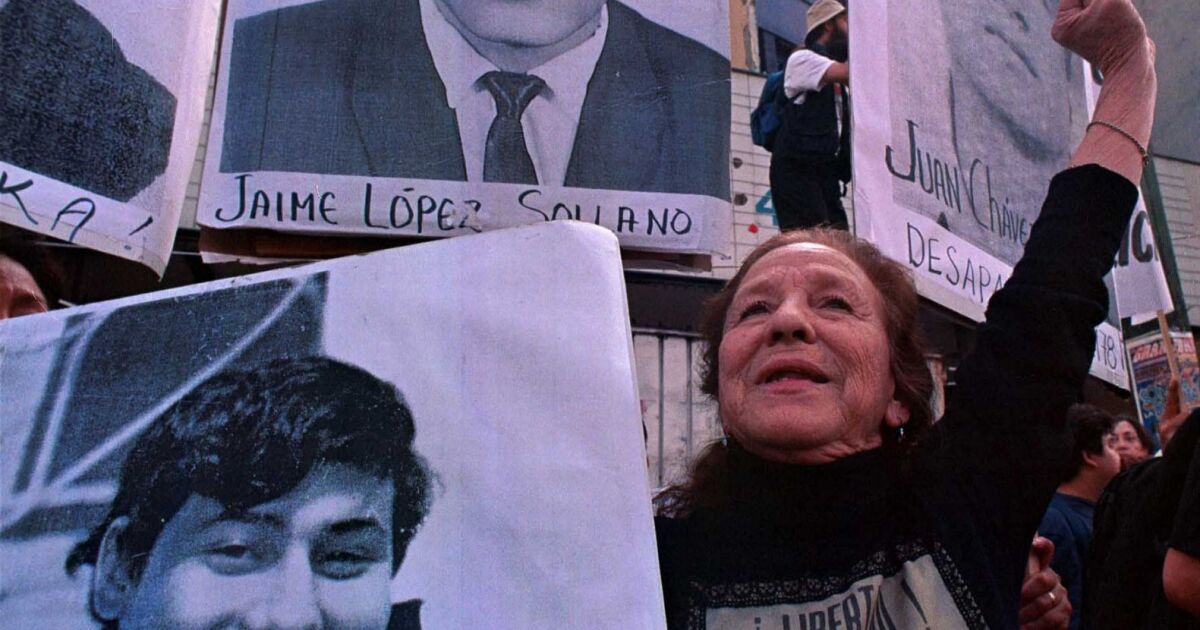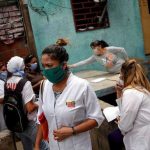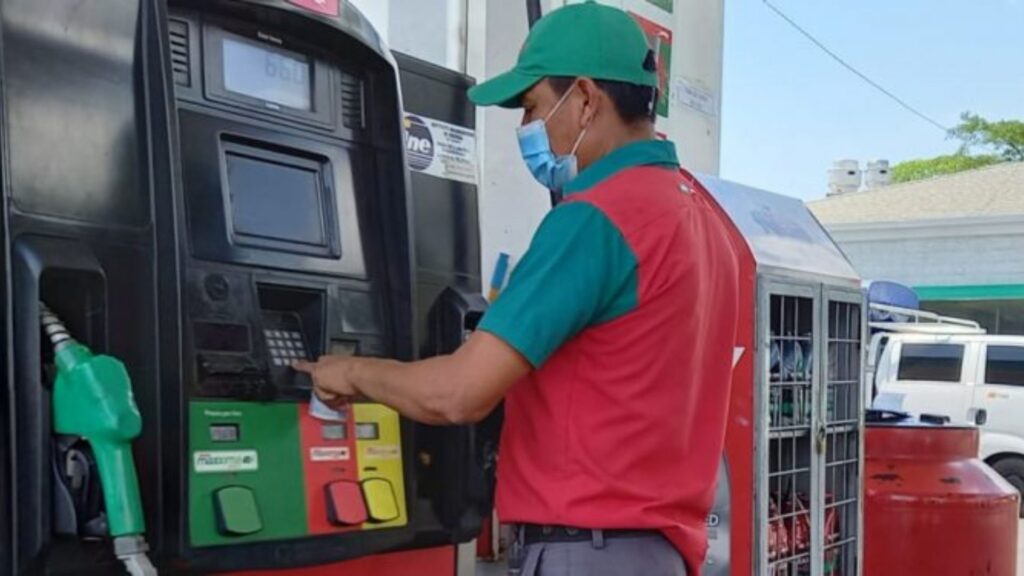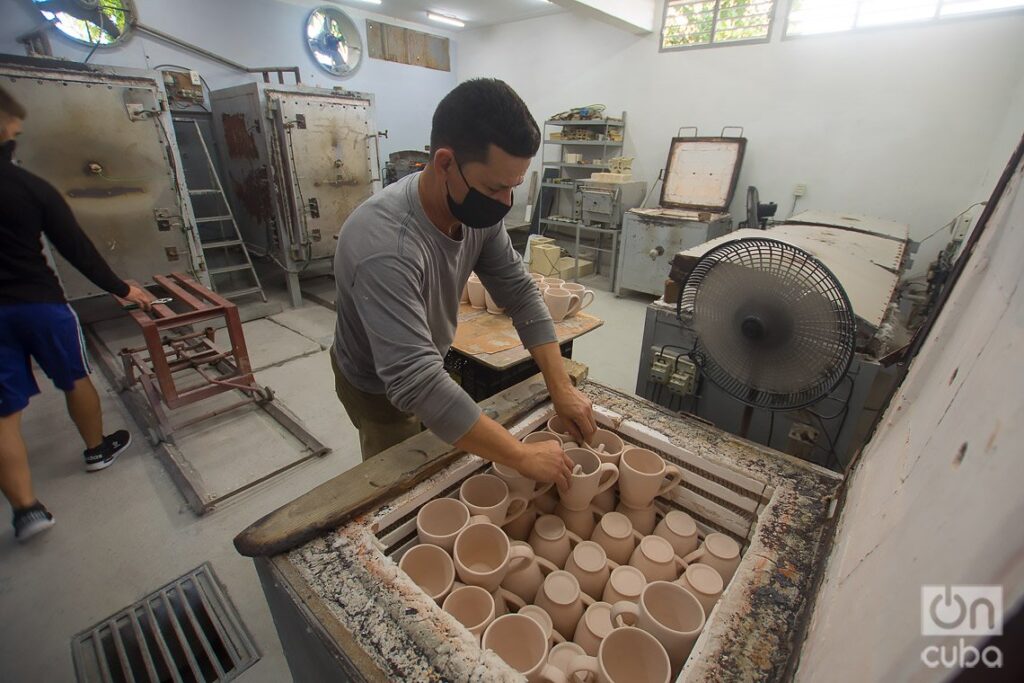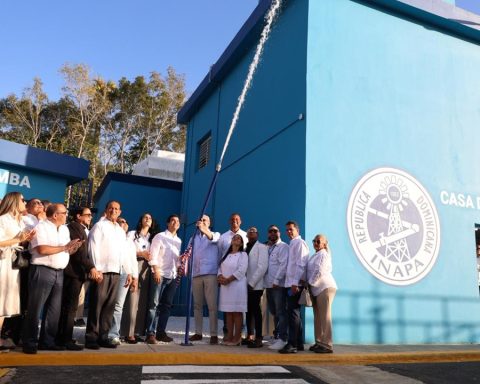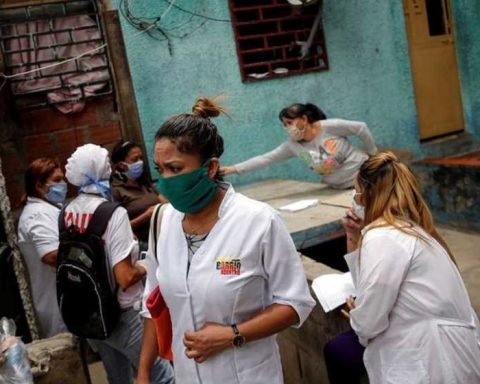María del Rosario Ibarra de la Garza was born in the city of Saltillo, Coahuila, on February 24, 1927. As a politician, she served as deputy and senator, and was also the first woman candidate for the Presidency of the Republic in 1982 and 1988 for the former Revolutionary Workers Party (PRT).
According to the National Human Rights Commission (CNDH), the event that marked her life was the forced disappearance of her son Jesús Piedra Ibarra, a young activist accused of being part of the “September 23 League” guerrilla group, who in 1974, At age 19, he was illegally detained in Monterrey by police officers who later handed him over to military authorities.
In 1977, the Committee for the Defense of Prisoners, Persecuted, Disappeared and Political Exiles was founded, which would be known as the ¡Eureka! Committee, to demand justice and an end to impunity. Since then, the Committee has managed to find more than 148 disappeared persons alive and has popularized the slogan “They took them alive, we want them alive!”.
Due to their great collective struggle, in 1978 President José López Portillo decided to promulgate the Amnesty Law, which was approved in Congress. In 2005, the activist was also recognized with the citizen merit medal by the Legislative Assembly of the then Federal District.
(Photo: Cuartoscuro)
In 2012, with the support of the ¡Eureka! and the Colectivo Hijos México, Rosario Ibarra opened the Casa de la Memoria Indómita Museum to claim victims of forced disappearance, and disappeared for political reasons.
Likewise, she was a promoter of legal and constitutional reforms in favor of human rights and against torture and forced disappearance. Due to this great work, she was a candidate for the Nobel Peace Prize in 1986, 1987, 1989 and 2006. In 2013 she was honored with a documentary about her career as a social fighter and in 2019 she was awarded the medal for civic merit “Eduardo Neri, legislators of 1913”.
